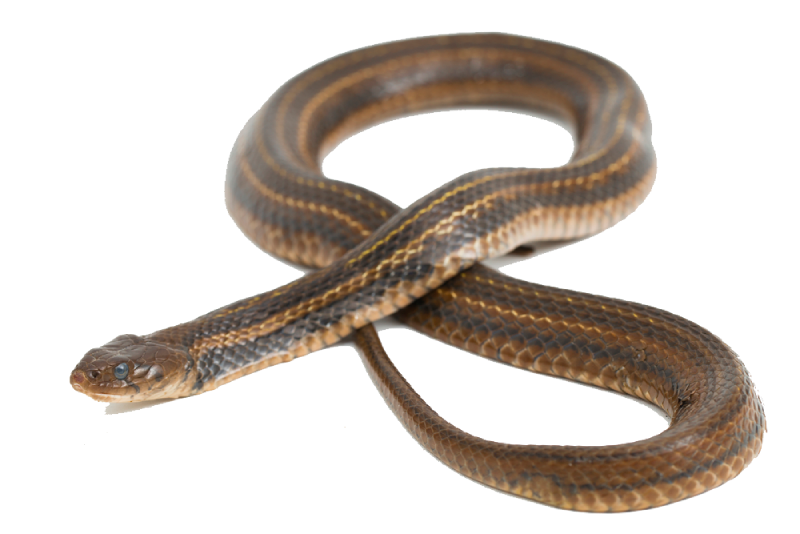
Garter Snakes, often spotted in Manitoba, are notable for their distinctive appearance. Typically, these snakes exhibit a pattern of bright stripes, usually yellow, against a darker background and range in size from about 1 to 1.5 metres in length. Understanding their biology and behaviour is key to understanding how they interact with their environment.
In the early spring, a fascinating aspect of Garter Snake behaviour unfolds. As they emerge from hibernation, males appear first, initiating the breeding season. Some males engage in a unique behaviour, mimicking females to mislead competitors with false pheromones. This deceptive strategy allows them to distract rival males and return to mate with the newly emerged females.
This mating process often leads to the formation of what is known as "mating balls," where several males vie for a single female. Female Garter Snakes have the remarkable ability to store sperm from previous matings, choosing the optimal time for fertilization. They can give birth to a dozen or more young, depending on environmental conditions.
While generally harmless to humans, Garter Snakes can produce a mild toxin in their saliva, primarily affecting their small prey. They also have a defence mechanism of releasing a foul-smelling fluid when threatened or handled.
Garter Snakes are adaptable creatures, making their homes in a variety of environments. They are commonly found in forests, fields, meadows, near bodies of water, and even in urban settings. Their presence across different habitats is a testament to their adaptability and the diverse Canadian landscape.
The diet of a Garter Snake is as varied as its habitat. These snakes primarily feed on amphibians, earthworms, and small fish, but they are also known to consume small birds, toads, and rodents. Their role in the ecosystem is crucial, as they help control populations of their prey species.
At GL Pest Control, we understand the importance of maintaining ecological balance while managing snake populations in human-inhabited areas. Our approach is humane, environmentally responsible, and focused on long-term solutions.
Habitat Modification: One of the most effective ways to manage Garter Snake populations is by altering their habitat. This includes regular lawn maintenance, such as mowing and trimming bushes. Keeping the grass short and shrubbery well-maintained reduces the areas where snakes can hide and hunt.
Prey Control: Garter Snakes are often drawn to areas with abundant food sources. By managing populations of rodents and insects, we can make environments less attractive to snakes. Our team offers comprehensive solutions to address any underlying pest problems that might be attracting snakes to your property.
Professional Removal Services: In situations where snake removal is necessary, our trained professionals use safe and humane methods to relocate these reptiles. We ensure that the snakes are not harmed and are released into suitable habitats away from human residences.